The Best of Both Worlds: Salt Lake City and Sardegna
Elena Davis, founder of Cucina by Elena is a busy working Mom. However, chatting with her as she sat in her beautiful kitchen where so many authentic Italian dishes are born, I felt at home and not rushed. Like Live in Italy Magazine, Cucina by Elena was born during the pandemic. It helped Elena stay connected to her beloved Sardegna, but then through hard work (and definitely no accident), her blog exploded! Hundreds or maybe thousands of people flock daily to her blog and social media looking for recipes. And even Italian Americans, found her recipes to be a way to connect with their heritage.
We enjoy watching Elena’s daily Instagram posts and have saved quite a few of her recipes and tips. Enjoy getting to know why Elena and her parents moved to the United States and why it’s so important for her to return to Sardegna every summer.
(1:25) Where are you from?
I was born in Sardegna, Italy. In Cagliari, which is the capital and I live there and in Paris before we moved to the United States. My Mom was getting her PHD in Biology and she became a geneticist. And that is what brought us to Salt Lake City, Utah. When I was in the first grade in the middle of the year, we transferred for and opportunity that my parents had here in Utah to work on the Human Genome Project. This was a big opportunity for my mom and dad both working in genetics.
They had planned to come for two years to work on this project and tons of people came. That’s what we did, and it’s been a very long two years! We just kept extending it and then finally after I was married in my mid-twenties that I became a dual citizen. You could say that our journey was kind of accidental. It wasn’t “we’re going to move to America”. It happened over time. My grandparents and all my family [in Italy] were very sad.
Summers in Sardegna (Sardinia)
(3:10) The good news is that every summer I still have to go back and live there. I think that’s why I’ve been able to maintain a strong tie to Italy because my family lives there. My sister is now in Europe too, but my parents still live here.
(3:50) You now have the best of both worlds right?
Yes, and my children do too. I married an American who I met in college, and we have three kids. All summer before we got married I said to my husband, “this is what I do all summer and our kids will do this too.” And he was on board.
Before I started my food blog, I taught for thirteen years in public education. So, that job led to more flexible summers. When we are there with our children we try to speak Italian as much as we can. It’s really important to me that they are also learning the language.
(4:50) How old are your children?
11, 8, and 4.
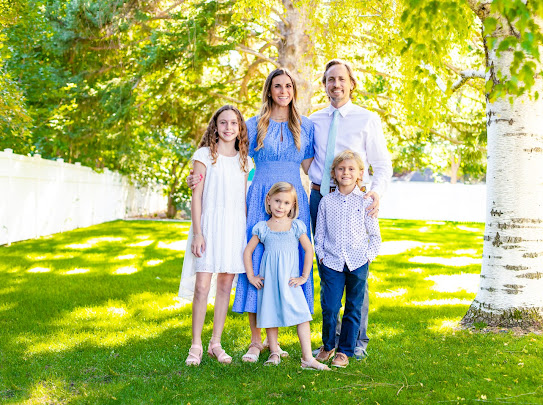
(5:00) They must be eating well!
Yes, they are great eaters and when we’re in Italy, my son Luca loves Cozze, which are mussels. He loves squid and all seafood. It’s a very Mediterranean diet. They eat Gorgonzola cheese and everything that you maybe think that because they live in America they won’t like it. It’s very much a part of how we eat at home too.
(6:26) What was it like for your mother moving to Utah from Italy?
She always felt like she had to fight for her position in her field – not only as a woman, but also as a non-native English speaker who was working on such big projects in the United States. She sometimes would say, “I feel like I am working ten times as hard as everyone around me”, just to do the same amount of work. She always worked very hard and put everything she did. And then at the end of the day, she would come home and make us a meal. We were always together at the dinner table.
As strong and happy that my mom always seemed to be, I knew that there were times when it was challenging. I still remember going to the grocery store with her (and we had been in American for ten years) and because she had an accent, people presumed that she was visiting. My primary languages were Italian, French, and English and I did not have an accent, so it was different for me. It can feel a little demoralizing.
(9:38) What is your dad’s first language?
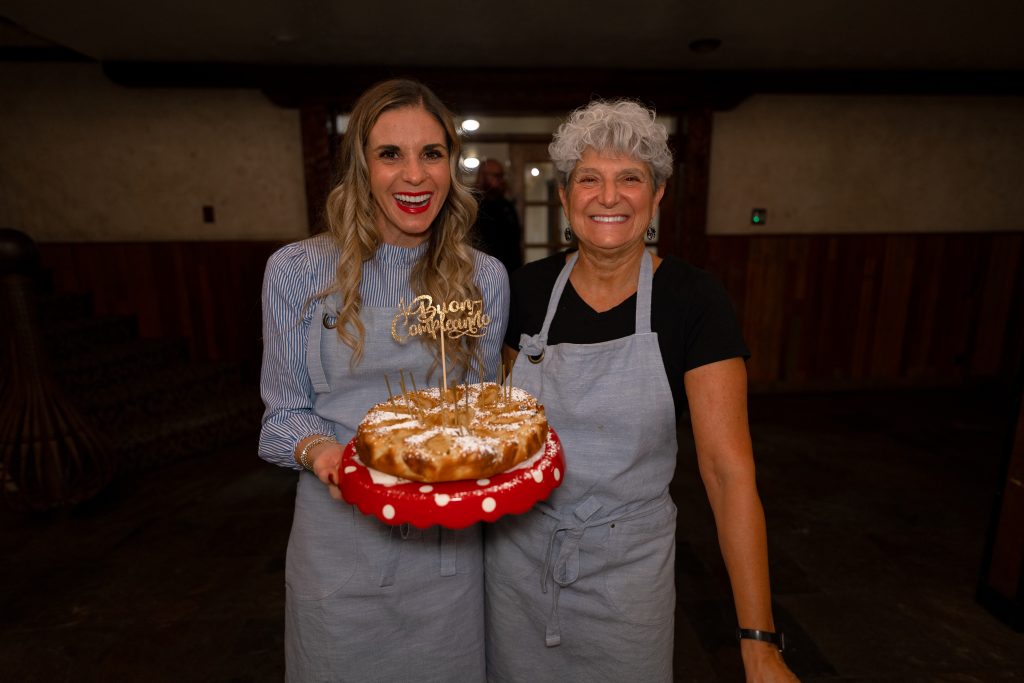
The dad that raised me (not my biological father) is Danish. When growing up as a Dane you learn English quite like your second language. He was already fluent when he came here. My mom knew quite a bit of English but was not fluent by any means. So, he helped me a lot and was always very patient with me.
(10:28) What were the first few months here like for you?
I didn’t say a word for six months. I was thrown into school and just remember taking everything in and being very quiet. The school system was completely different: learning, friends, lunch, everything. So, I just took everything in. I’m a very adaptable person, but definitely a watcher who observes my surroundings. Then all of a sound, I started speaking more. I had one friend in my first-grade class, and we are still friends with today. She was the assigned helper to assist the new girl in school. We’ve stayed friends ever since – that’s a fun story and it was super nice.
(11:58) Teachers went out of their way. I don’t ever remember being in an English as a second language class. I was just thrown into it. I did set back in a few subjects because of the language, but when you’re so young you adapt and learn the language quickly.
(12:46) Do you think it would have been more difficult if you had moved from Sardegna to a larger city in the U.S.?
I do think so although you can’t say for sure. My parents had the choice to move to either Boston or Salt Lake City for equally great opportunities. They chose Salt Lake City because it wasn’t such a big city. They love the outdoors and never lived in a place that was even close to like this. There is a big Italian community in Boston, this is where we ended up. It is very family-centered here.
(13:46) What did you most miss from Sardegna?
I think just the family experiences and time. So, going out with my aunt to get breakfast, or have my Nonna take me shopping. Whatever it might be, all of these things were happening. I always felt like I want to go do that or be there with my cousins who are like my siblings. I think more than a place or thing, it’s the feeling of being in the environment with people that you are most comfortable with. That’s home. You can also create home anywhere. It’s a feeling more than a place.
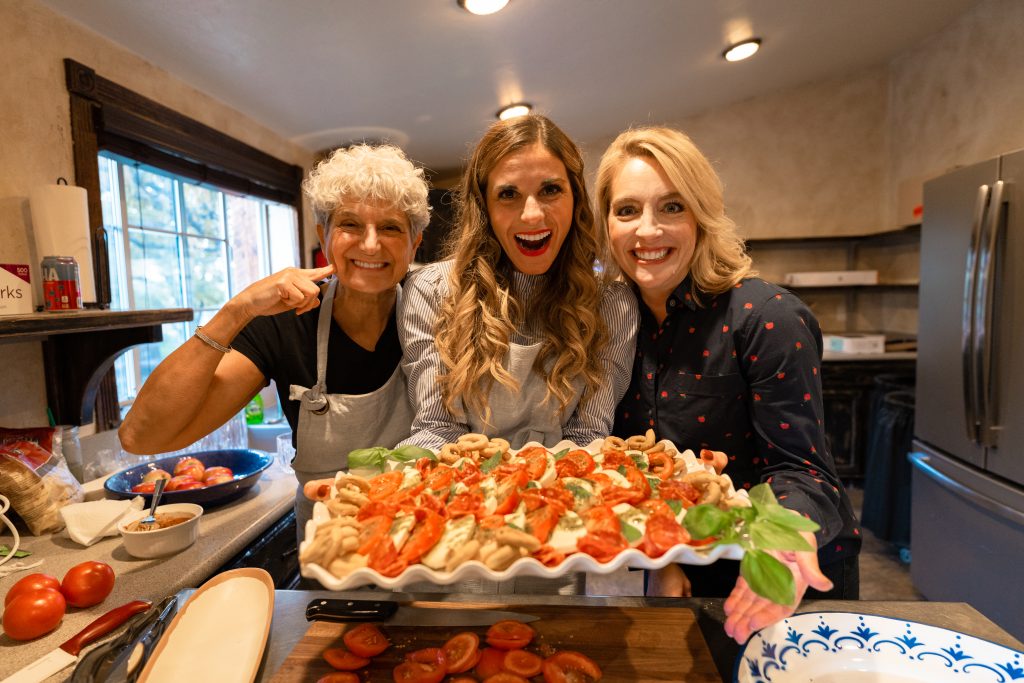
(15:00) The importance of a family home.
It was unpopular to come for dinner at some stages of my teenage life. But as soon as my friends started to figure out how good the dinner was, pretty soon there were more and more people gathered around our table! It’s a gathering place. The food doesn’t have to be extravagant. A lot of times it wasn’t. That’s not how Italian cuisine is anyway. It’s very simple and rustic.
(16:15) The history of Cucina by Elena
It was one of those 2020 ideas. I think everyone had one right? I had thought about putting my recipes out there for years. I didn’t get to go to Italy that summer and it was very hard for me. I decided to create a blog with Italian recipes and pour my heart into that. It was to fill the void of not being able to visit Italy. I didn’t know anything about blogging. I started an Instagram not knowing much about that either. I started putting myself out there, one recipe at a time to so how it would go. I’ve learned so much, taught myself an incredible amount and am very driven.
After about 18 months I stopped teaching since doing both was too much. It was a good time to transition away from that anyway. So, Cucina by Elena became my full-time business.
(18:08) How many Instagram followers do you have?
148,000 now.
(18:20) What did that feel like?
It feels sometimes like it’s been ten years, but sometimes just one year! Because I’ve worked so much behind the scenes with the blog and Instagram, I realize that it makes sense how big it’s grown.
(19:00) From recipe planning to writing the blog etc., how much time do you dedicate each week to Cucina by Elena?
I work full-time if not on the blog, but also on Instagram. The blog is the main business and I love Instagram and do paid sponsorships there. I always tell people not to put all of their eggs in one basket. I’ve tried to transition to just have as much fun on Instagram as I can. I do me there. The blog is the nitty gritty, technical, SEO, recipe development, writing, and photography. Plus, the backend. I get emails every day from viewers from everywhere who are making the recipes.
I’ve gradually transitioned to not doing 100% Italian recipes. For example, I want to do Thanksgiving recipes, so I am incorporating other kinds of cuisines.
(22:14) What is your point of view about Italian regional cuisine?
There’s Italian American cuisine and authentic Italian cuisine from Italy. There are two different cultures. When Italians came to the East Coast, settled, they started cooking and opening restaurants, and worked very hard. As time evolved, they started incorporating different flavors like more garlic or cheeses. Italian American cuisine turned into its own culture cuisine that is different than authentic Italian.
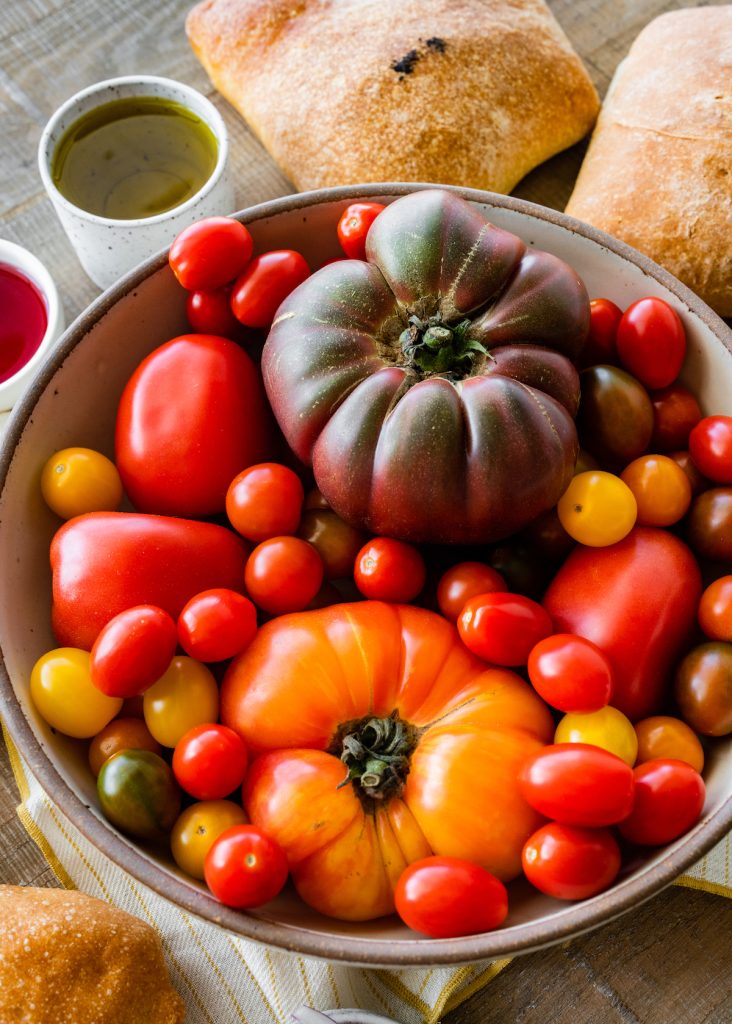
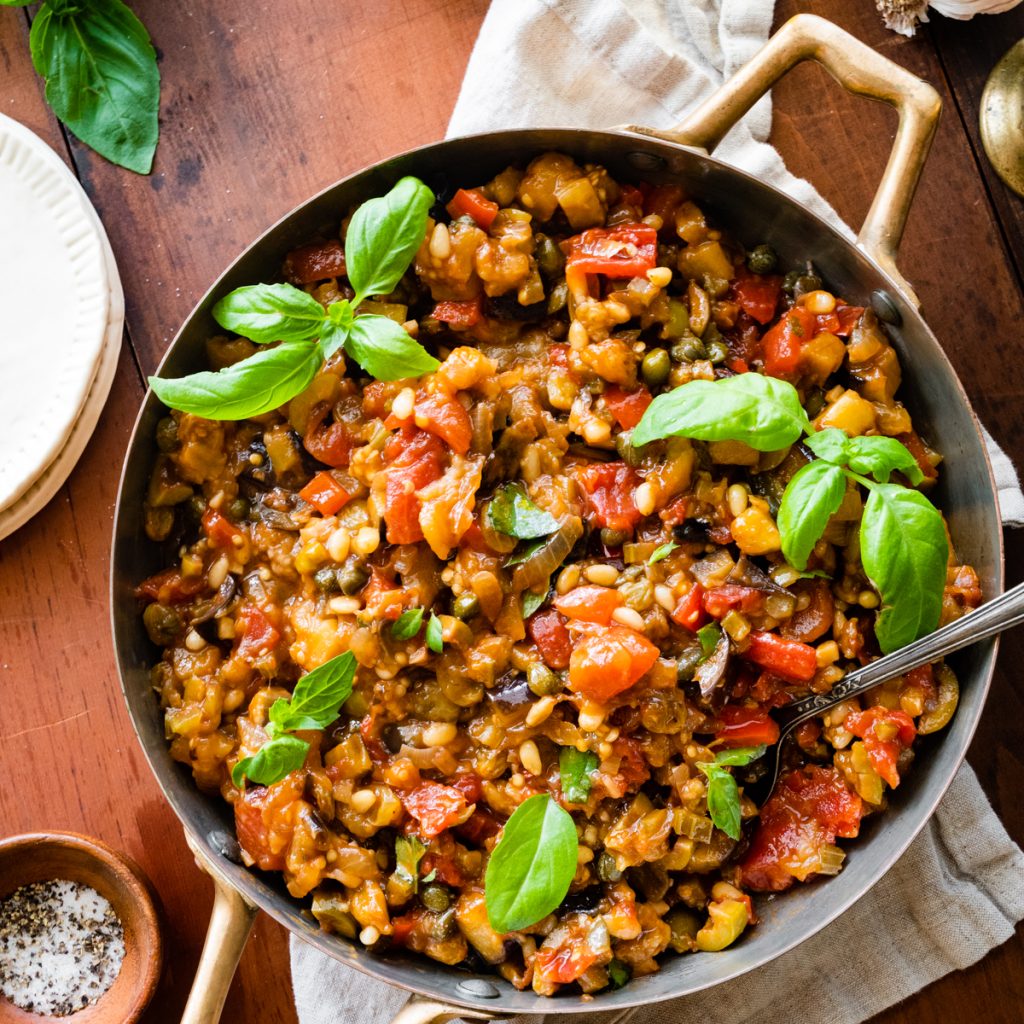
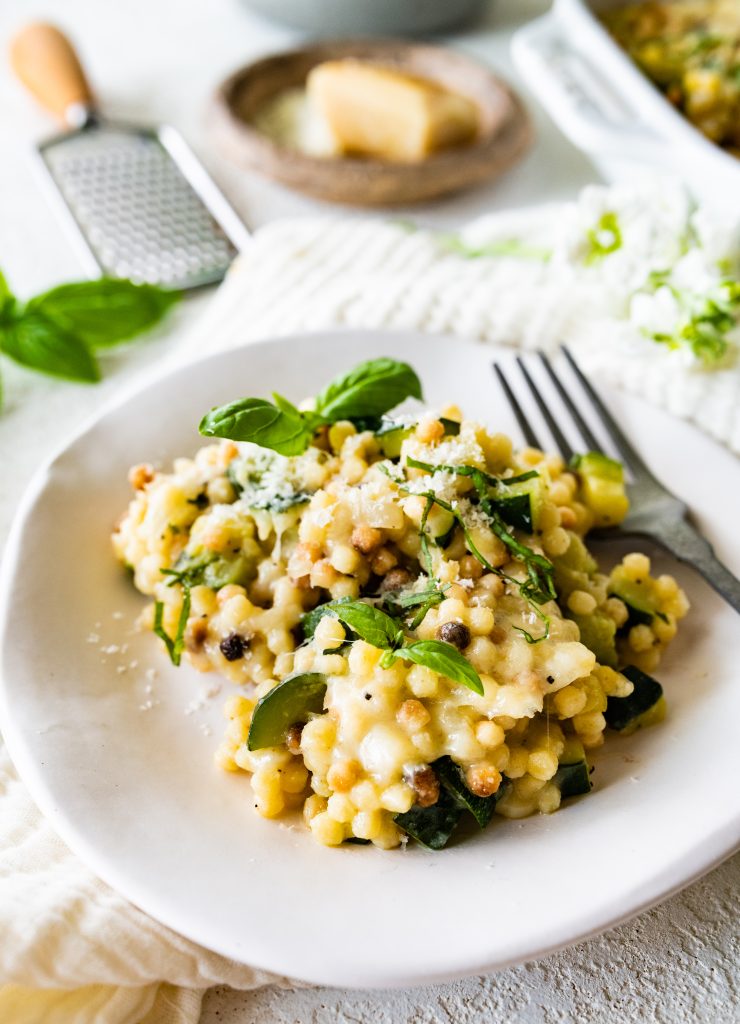
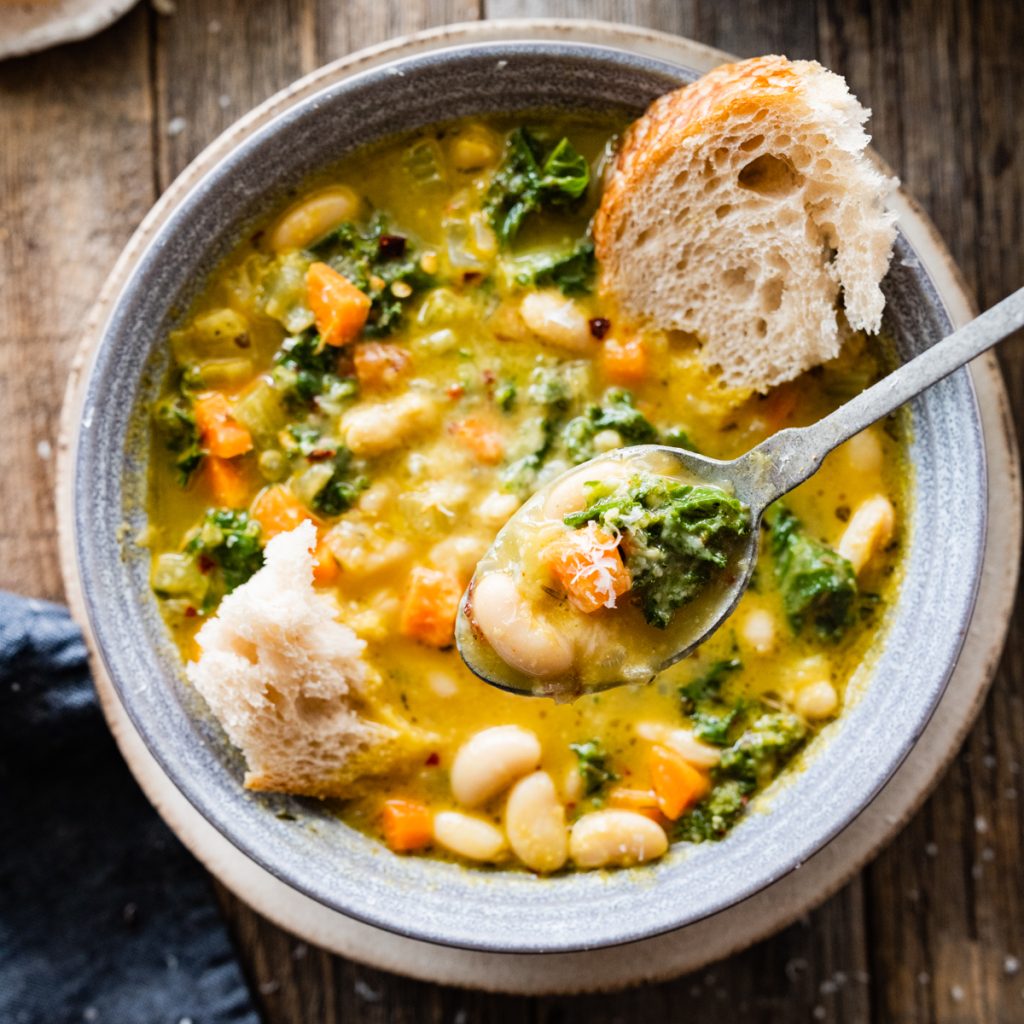
(23:19) Do you ensure that you are focusing on the true history of regional cuisine.
Putting in much authenticity into dishes is important, but I also like to be creative. I don’t call it authentic if it’s a twist or version of a recipe. One is authentic and one is quick and easy with fresh ingredients and Italian methods. Then there’s the traditional recipes that take more time like pizza Napoletana, or homemade pasta by scratch. Those are what I call experience recipes because you can gather people together to make them. Then there’s the traditional recipes like Christmas cookies. On my blog, there’s an array of everything.
Now this is the first year where I’ve really dove into the Thanksgiving holiday. I’ve put my own twist on many classic American dishes.
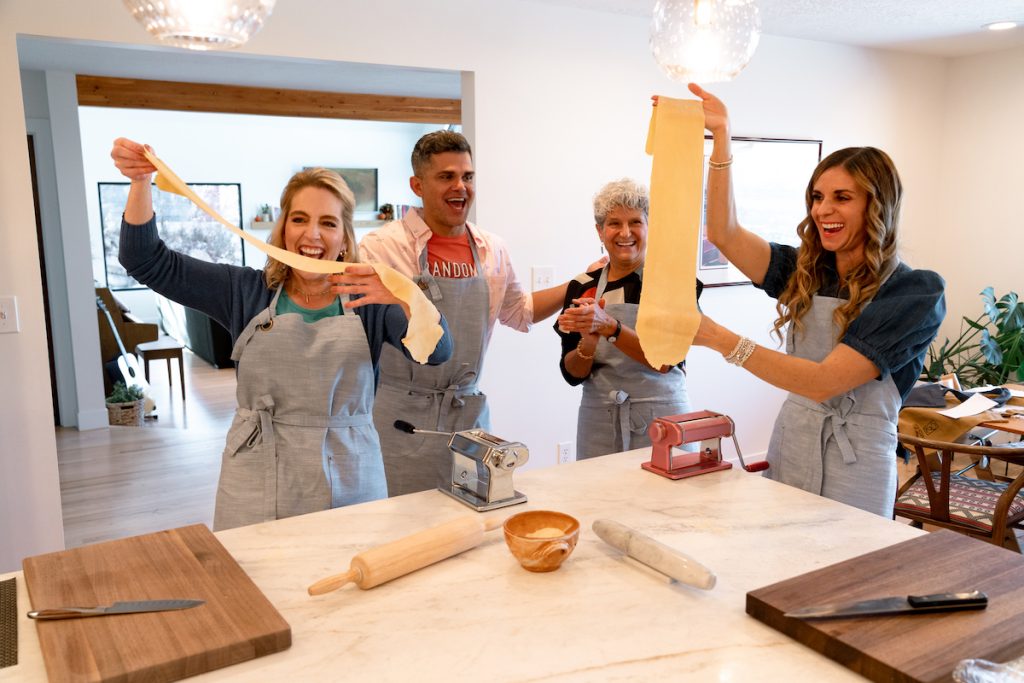
(26:46) Is it challenging to find certain ingredients to make authentic dishes?
Not really because if I need for example something like guanciale, there’s a little Italian market near me where I can buy that. A lot of my recipes have variations. Since I’ve grown up cooking the majority of time in America, I have adapted with what there is here.
I think the quality of ingredients makes a huge difference on your digestion, well-being, and how you feel. I am a firm believer in having everything in moderation.
(28:5) What is your definition of an expat?
I think there are many definitions. For me it’s like someone being transplanted. Having your plant and growing it outside in a different environment and teaching it how to grow there. It’s a fluid term depending on who the person is. I know a lot of Italians who assimilated because they moved to America to create a better environment. That’s why many generations down that want to find their lineage. They are so thankful for my blog. Their grandparents were trying to do their past, so I don’t blame them.
(31:00) Besides friends and family, what do you miss both about Sardegna, Italy and vice versa?
I think the way of life. From how people just are. It’s kind of hard to explain, but you if you’ve ever been around a different culture that there are certain things that maybe are normal in Italy that aren’t here.
So a lot of times my mom and I will feel a little bit isolated even when raising children. But then when I go to Italy to spend the summer there, it’s like my community and I feel more understood. It’s the everyday like walking places, or the macellaria, and different shops there. And, the passeggiata – the way of life.
(32:00) And vice versa?
I miss the big streets and parking lots. Although I also miss the small streets in Italy. Italy isn’t always that punctual – I don’t want to say not functional! But that makes things beautiful.
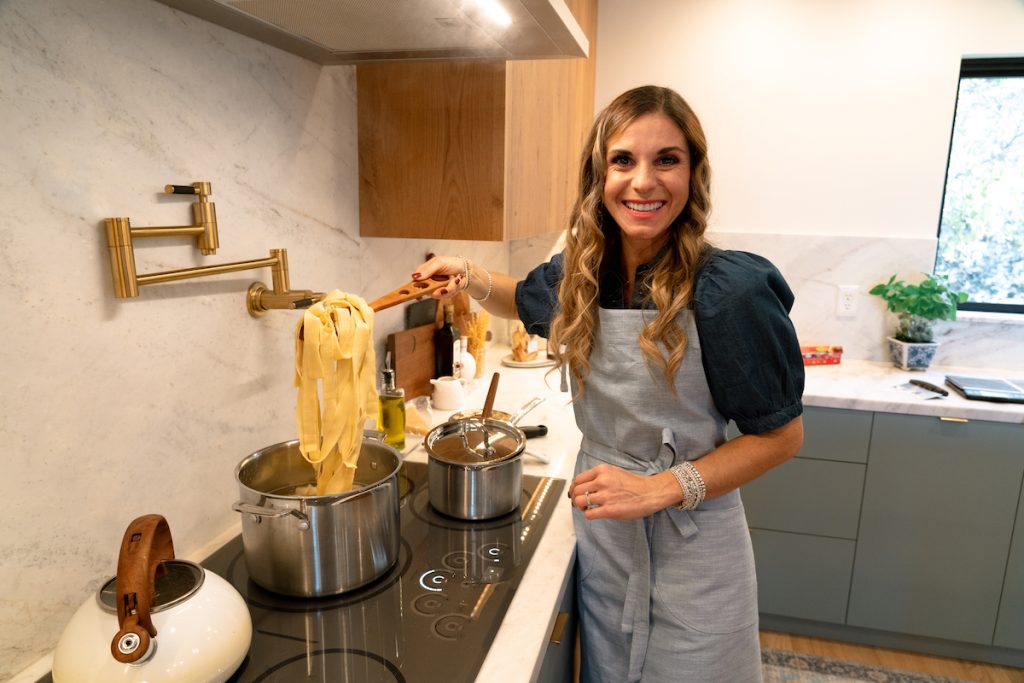
(33:00) What are your goals in the next ten years?
In the future, I see a cookbook and more TV projects. My number one focus is growing my blog. I mean putting more recipes there that people want and love. People ask if I’ll run out of recipes, but I have the opposite problem! My problem is time and I will get to it eventually. I want to keep creating.
Follow Elena
Instagram @CucinabyElena
TikTok
Pinterest
Facebook

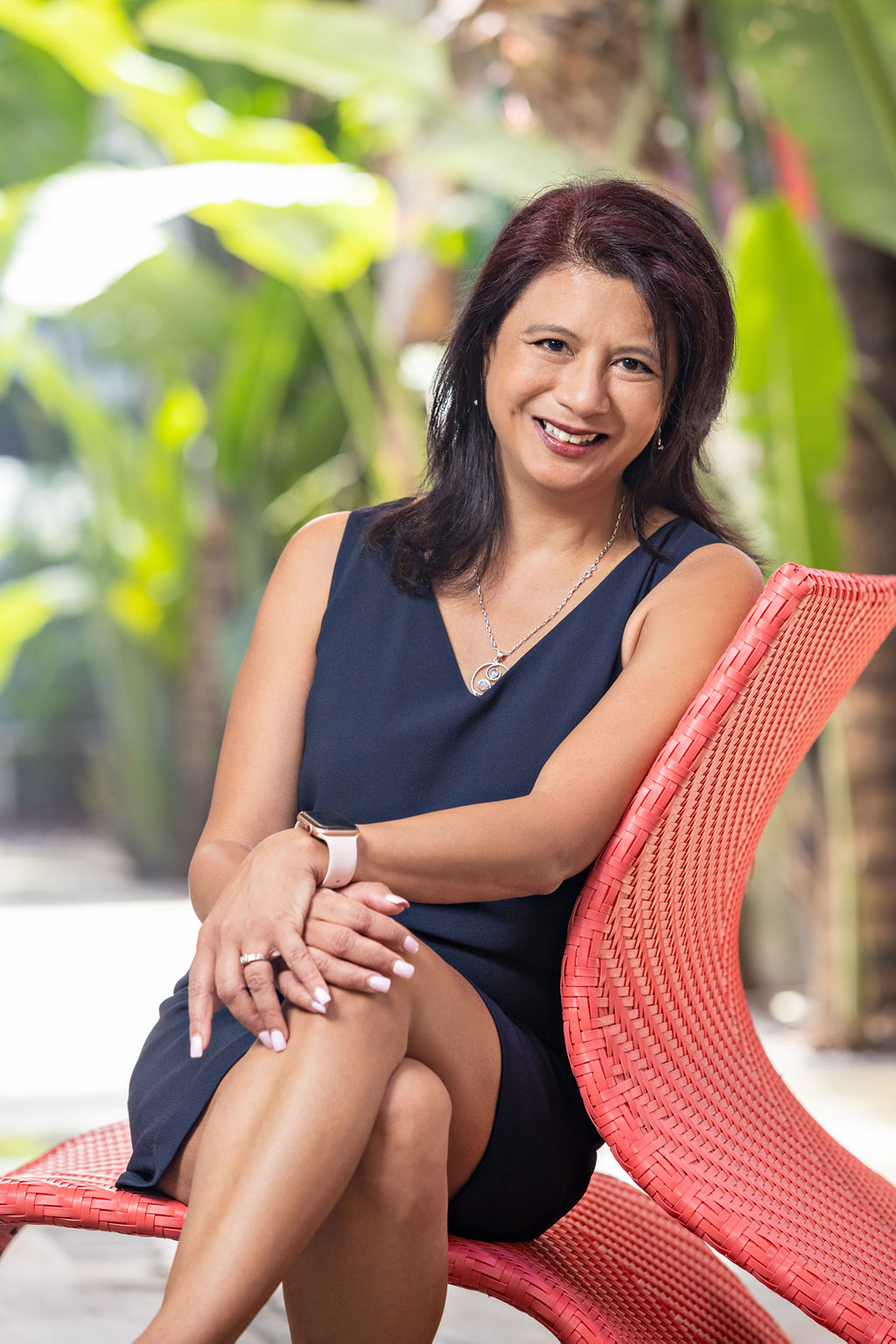

Given your authentic roots, I was surprised to hear you pronounce “Italian” as “Eyetalian”…
Thanks for your comment Francine and discovering Live in Italy Magazine. We were not aware of that and will go back and revisit the video interview.